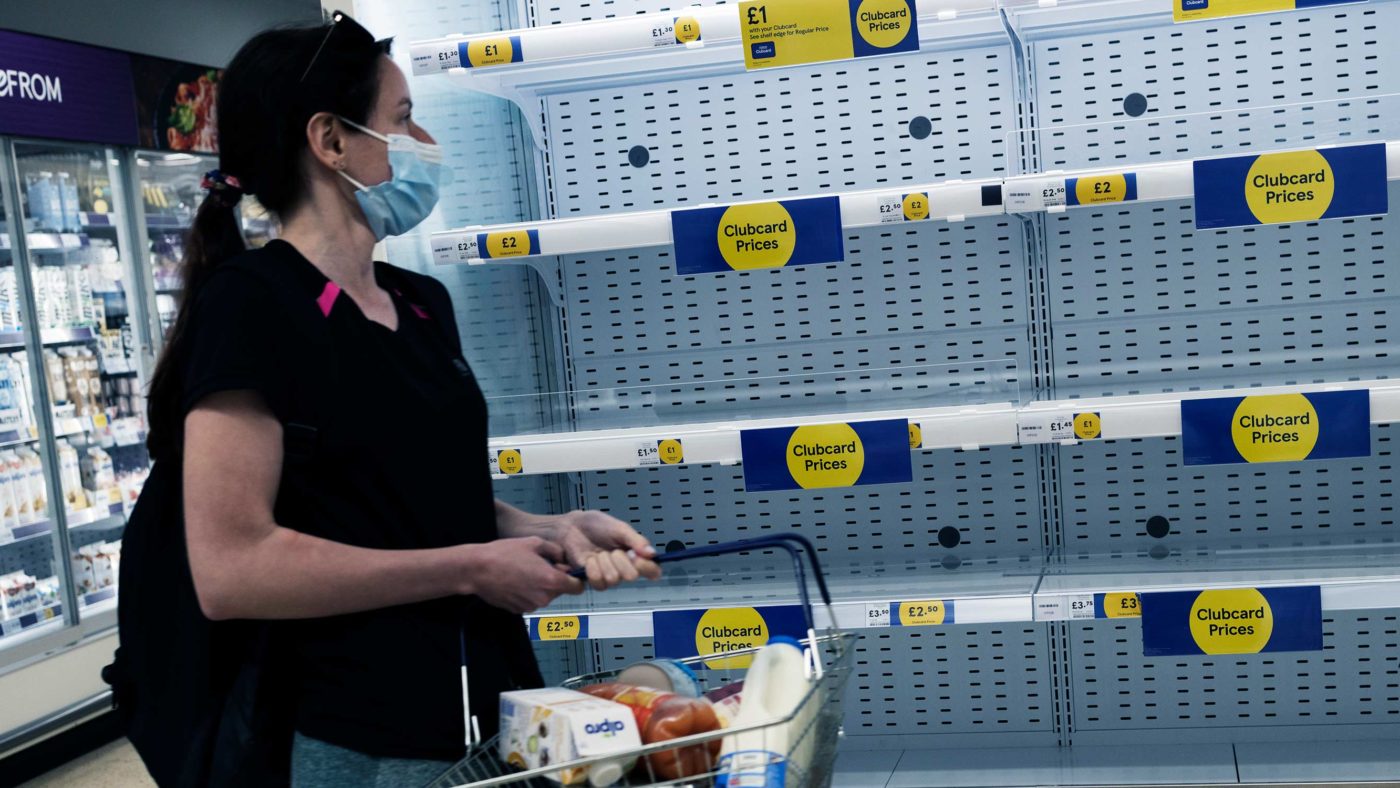Picture the scene. You’re running a business and have run out of staff because they’ve all been told to self-isolate, either by Test and Trace or the ping-happy Covid app. Help is at hand, however. You are in one of the sectors whose workers may be exempt from the requirement to self-isolate. Hooray! Now, to log on to Gov.uk to check out the fine-print. A cold horror descends as you realise that the instructions for businesses are, not to unduly mince words, crackers.
Rather than simply exempting certain sectors or roles, firms have to apply to one of eight government departments on behalf of each employee they want to exempt, explaining why their role is “critical”. I shan’t labour through the 3,500 words or so of instructions, but one paragraph summarises things neatly:
Unless employers have a letter from a government department on which the workers are specifically named, this policy does not apply and employees should self-isolate as directed.
Where do you start with this?
Are businesses really expected to list every employee they need, when the answer is presumably ‘all of them’? What if people try to avoid the issue entirely by just deleting the Covid app, as reports suggest some are doing? What happens if hundreds, or even thousands, of employers all start writing into Whitehall departments, who then have to decide “on a case by case basis” whether or not the staff in question are exempt. And why, for that matter, is this being done by letter, when carrier pigeon (among other options) would be far quicker? (‘Letter’ here may actually be an email, but why not say so?)
As CapX editor-in-chief Robert Colvile notes, the impractical rules and de haut en bas tone are bad enough, but it’s the underlying logic that really rankles. Does anyone seriously think that civil servants are the best people to decide how urgent a business’s needs are?
The words ‘Soviet’ and ‘Kafkaesque’ are horribly overused, but they do seem somewhat appropriate for this kind of microscopic bureaucratic meddling. The main difference is that this is not so much sinister as panicky and ill thought out. Another possibility, of course, is that the Government sees this as an elaborate way of stopping businesses claiming exemptions when they don’t merit them. If so, that suggests a total lack of trust in businesses, most of whom have done their utmost to comply with endless Covid regulations over the past 18 months. Thank goodness this system only lasts until August 16, when fully vaccinated close contacts will be exempt from self-isolation.
This tendency to sweat the small stuff – from scotch eggs to taping off park benches to endless debates about masks – takes the focus off a far more serious communication failure. We’re 18 months into the pandemic and a poll this week found that in a choice between hand-washing and ventilation, almost twice as many people chose the former as the best way of stopping the spread of an airborne disease. If we’d been a bit more Victorian about this from the off, and declared Covid a “bad air” phenomenon, we could have avoided an enormous amount of faff, wasted time and, quite probably, deaths.
The isolation rules are also symptomatic of a wider issue with the pandemic response – the tendency in all sorts of areas to think that government intervention is always the best solution. Of course some areas need the state to intervene – the vaccine rollout being a good example – but not every area needs Whitehall’s detailed attention.
Too often it feels like the Government has been seized by the politician’s fallacy, best summarised in the Yes, Prime Minister gag that something must be done, and this is something, so we should do this. Instead they should be heeding Sir Arnold’s sage follow-up: “Doing the wrong thing is worse than doing nothing”.
Click here to subscribe to our daily briefing – the best pieces from CapX and across the web.
CapX depends on the generosity of its readers. If you value what we do, please consider making a donation.


